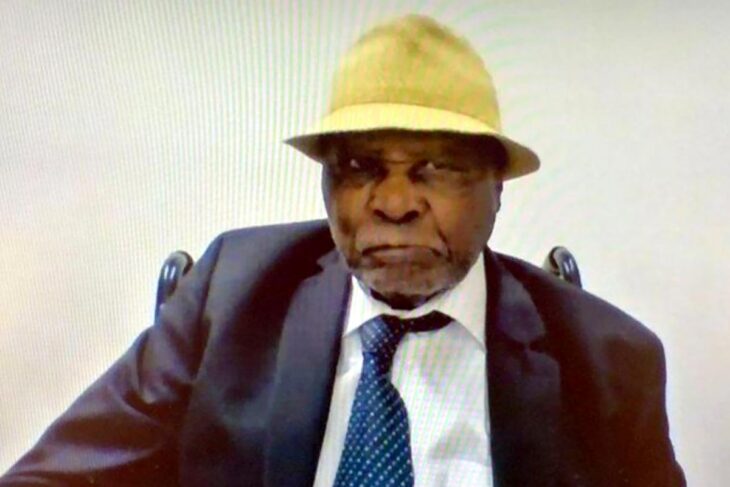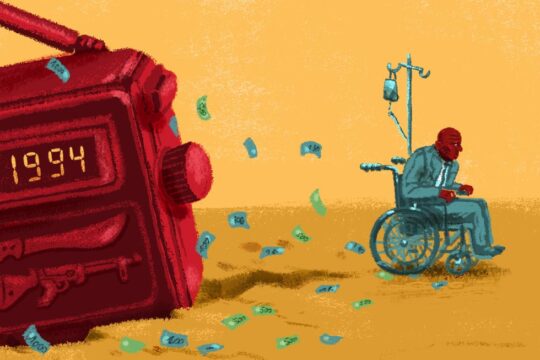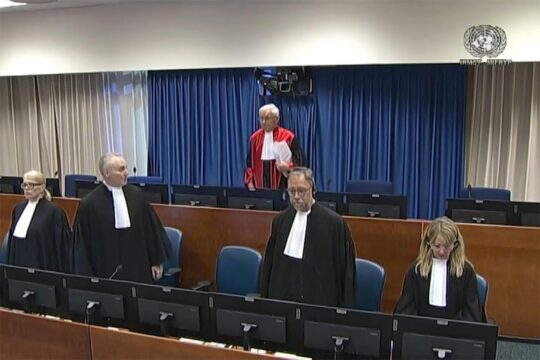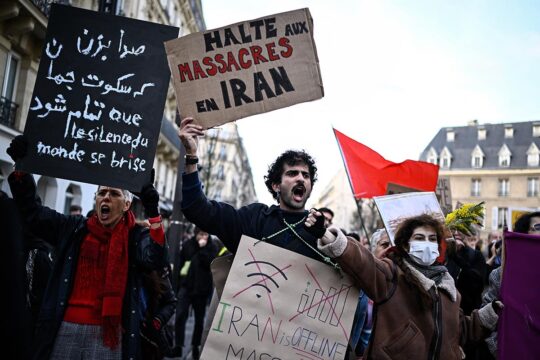To listen to the podcast, click on the "play" button below:
Last week in The Hague it was determined that Felicien Kabuga, the final major suspect to stand trial for the 1994 Rwandan genocide before a U.N. court, was unfit to stand trial after a team of doctors diagnosed the almost 90 year old with dementia. Kabuga was arrested in Paris in 2020 after almost 20 years on the run. The former businessman is accused of funding the Hutu Interhamwe militia and also had a hand in Radio-Television Libre de Mille Collines (RTLM).
The Interhamwe are a paramilitary group originally founded in Rwanda in 1990 and are responsible for a majority of the violence that took place in 1994. RTLM also played a role in the genocide when its presenters encouraged violence by Hutus against the Tutsis in the days leading up to the genocide.
While the court’s decision that Kabuga was unfit to stand trial didn’t come as a major shock to anyone, what did surprise us, and many other onlookers, is the alternative to a regular trial agreed by the judges. The prosecution had suggested a trial in which Kabuga himself does not have to be present, but the facts will be presented similar to what the UK and many other countries call a ‘trial of the facts’. In the suggested situation there will be no conviction or sentence handed down. So, like many, we were left asking what all of this means?
To try to get to the bottom of everything we brought in historian of international criminal trials Lucy Gaynor. But one expert wasn’t enough to untangle everything in this web so Janet and Stephanie got in contact with no fewer than six members of the international justice community to get the latest reactions to this perplexing proposal.
 ASYMMETRICAL HAIRCUTS
ASYMMETRICAL HAIRCUTS
This podcast has been published as part of a partnership between JusticeInfo.net and Asymmetrical Haircuts, a podcast on international justice produced from The Hague by journalists Janet Anderson and Stephanie van den Berg, who retain full control and independence over the contents of the podcast.







